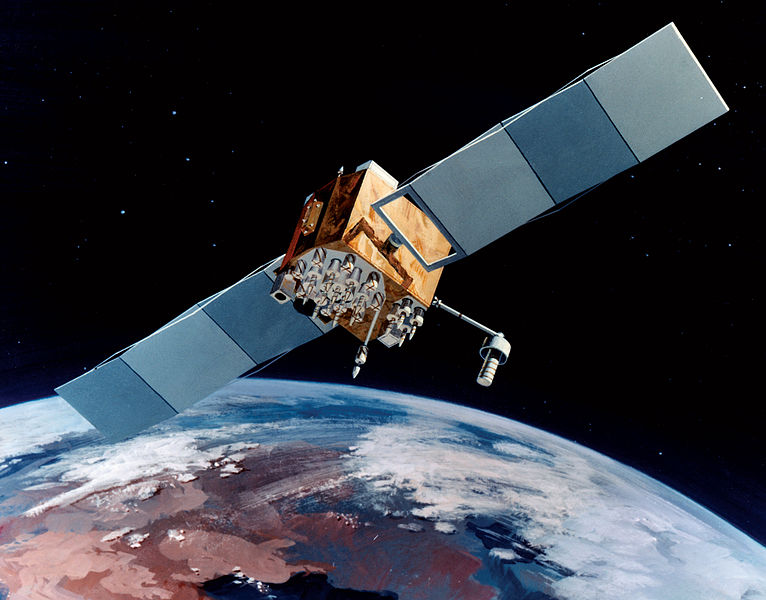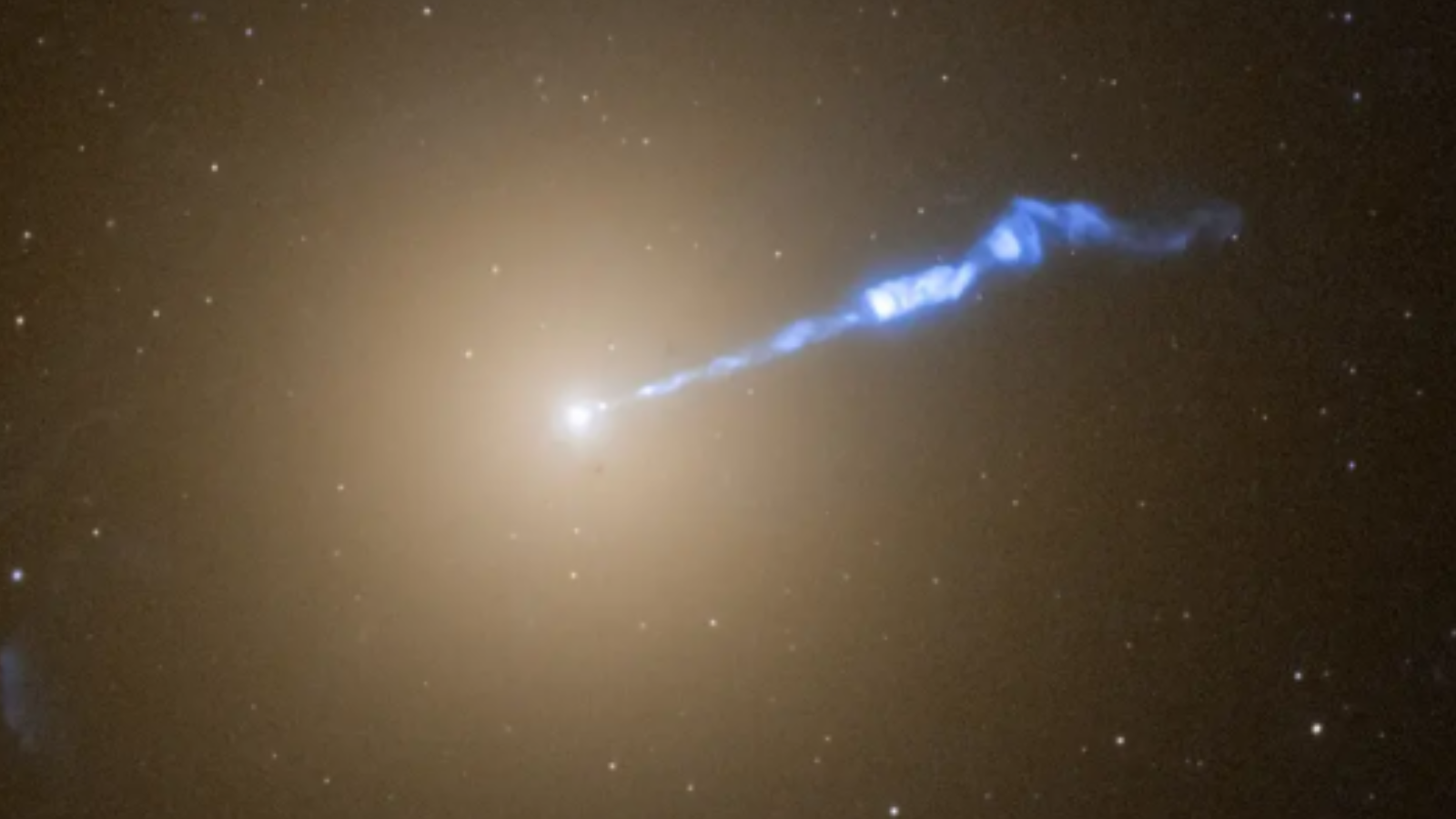US Launching New GPS Satellite Tonight

CAPE CANAVERAL — Going for its 25th flight, the United Launch Alliance Delta 4 rocket family will launch a new Global Positioning System navigation satellite from Cape Canaveral Thursday night (Feb. 20).
"I'm looking forward to seeing the launch occur. The GPS 2F navigation satellite provides better real-time Position, Navigation and Timing services to the warfighter and commercial civil users around the globe," said Col. William Cooley, Global Positioning Systems director.
The Delta 4 rocket has been used to launch a host of National Reconnaissance Office satellites, Air Force communications spacecraft and NASA weather observatories. Now, it looks to add to its service of maintaining the GPS constellation. [Reference: The GPS Satellite System]
For more on the Delta 4 rocket and its flight history, see our fact sheet.
Liftoff is set for Thursday at 8:40 p.m. EST (0140 GMT Feb. 21) from pad 37B on 1.2 million pounds of thrust. The evening's launch opportunity lasts until 8:59 p.m. EST.
For more information about the launch, see our special Info Sheet.
"A tremendous amount of work has been accomplished to date on this mission. There are hundreds of people on the satellite and launch teams who have been hard at work to ensure a successful launch and mission," said Col. William Hodgkiss, the Air Force's mission director.
Breaking space news, the latest updates on rocket launches, skywatching events and more!
It is the first of three GPS launches planned through July to replace aging craft in the constellation.
The decision to launch came after Phase 2 of the investigation into the low-thrust condition experienced by a Delta 4 rocket in October 2012. Although that launch was successful, officials have carefully studied the situation to prevent its reoccurrence.
"Over the last several months, ULA and government teams have continued with Phase 2 of an investigation related to a successful Delta 4 launch that occurred in October 2012 in which the second stage engine thrust was lower than expected." said Jim Sponnick, United Launch Alliance's Atlas and Delta Programs vice president.
"These additional investigation activities have confirmed that there is not a systemic issue with the Delta 4 second stage RL10B-2 engine. Additionally, the investigation results have reconfirmed that the system improvements that were implemented following Phase 1 of the investigation were appropriate."
The Delta 4 rocket flew three times last year after putting in place additional inspections and changes to the way the engine is purged and thermally conditioned prior to ignition.
Final analyses and testing should allow the investigation to wrap up in April.
For tips on taking pictures of the launch, see our photography guide. And for details on where the best spots are to see the launch, see the viewing guide.
And if you will be away from your computer but would like to receive occasional updates, sign up for our Twitter feed to get text message updates sent to your cellphone. U.S. readers can also sign up from their phone by texting "follow spaceflightnow" to 40404. (Standard text messaging charges apply.)
Copyright 2013 SpaceflightNow.com, all rights reserved.
Stephen Clark is the Editor of Spaceflight Now, a web-based publication dedicated to covering rocket launches, human spaceflight and exploration. He joined the Spaceflight Now team in 2009 and previously wrote as a senior reporter with the Daily Texan. You can follow Stephen's latest project at SpaceflightNow.com and on Twitter.


